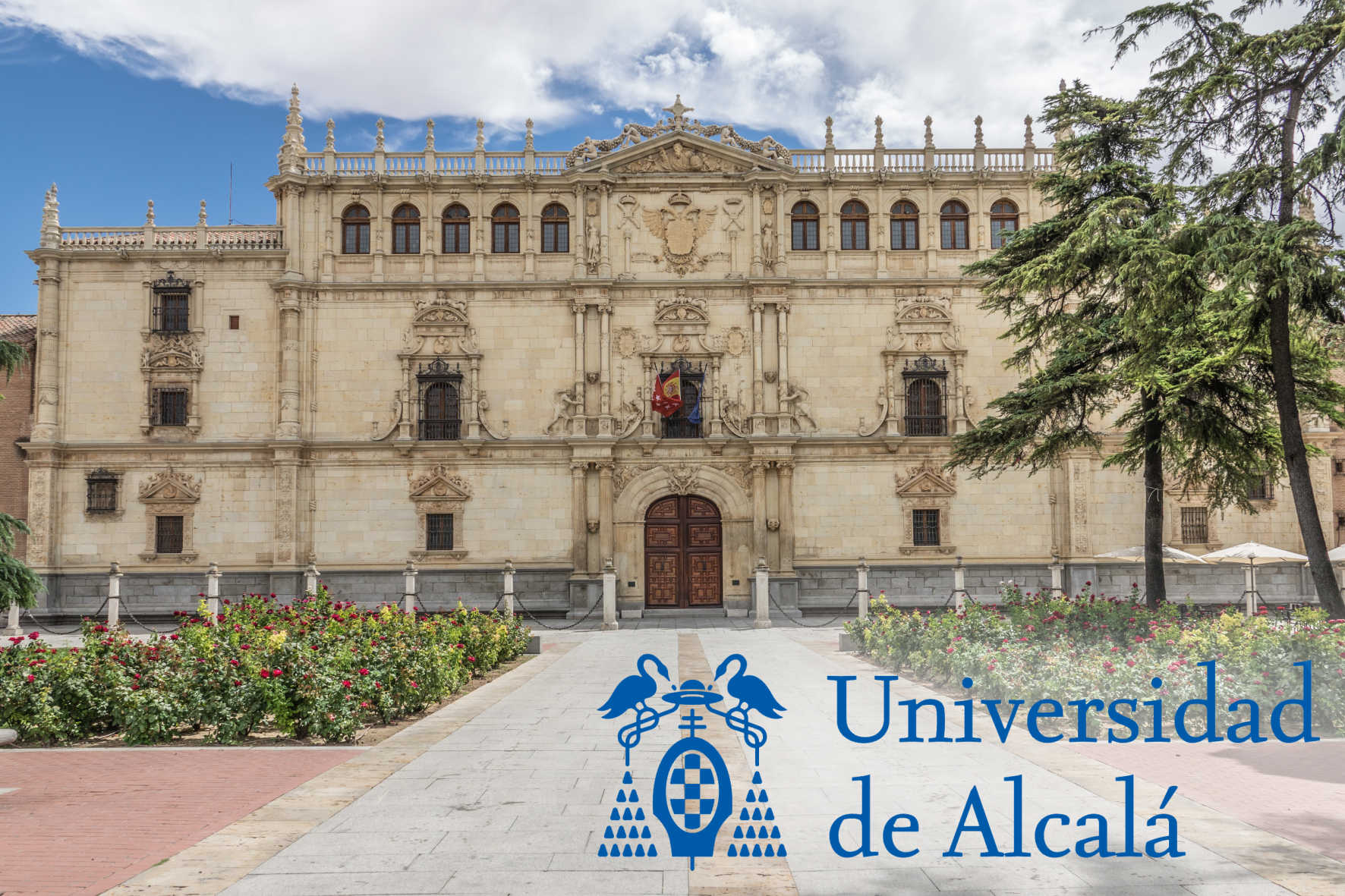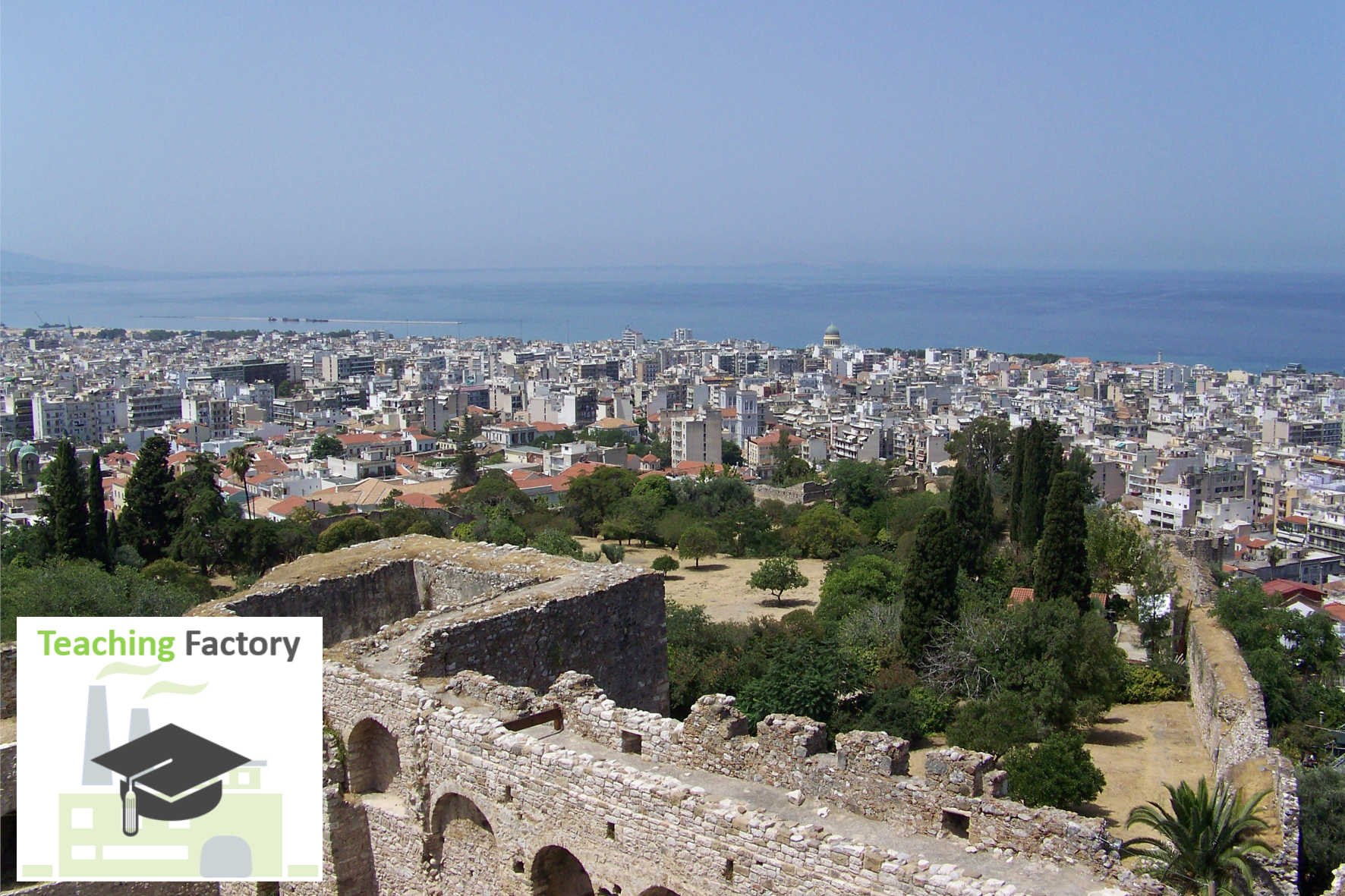About
GEMS - Graceful Equalising of Mechatronics Students
- Programme: Erasmus+ (Co-funded by the European Union)
- Action Type: KA220-HED - Cooperation partnerships in higher education
- Project Reference: 2022-1-SI01-KA220-HED-000087727
- EU Grant: 400.000 EUR
- Start date: 01.11.2022
- End date: 31.10.2025
Project Status: Completed (Project continuation)
Funded by the European Union. Views and opinions expressed are however those of the author(s) only and do not necessarily reflect those of the European Union or CMEPIUS. Neither the European Union nor the granting authority can be held responsible for them.
Project priorities:
- Stimulating innovative learning and teaching practices
- Building inclusive higher education systems
- Supporting digital and green capabilities of the higher education sector
Project topics:
- Creating new, innovative or joint curricula or courses
- Inclusion, promoting equality and non-discrimination
- Open and distance learning
Summary
Project GEMS: Graceful Equalising of Mechatronics Students aims to develop affordable educational hardware for mechatronics students, along with supporting online courses and tutorials. This will allow all students to have equal learning opportunities, regardless of their background or learning needs.
The project addresses the following priorities of the Erasmus+ program:
Stimulating innovative learning and teaching practices: The project proposes a new teaching practice for mechatronics students at university by providing them with mechatronic educational hardware, supporting online courses and tutorials on how to build, use, and modify the hardware.
Building inclusive higher education systems: The project uses the proposed educational hardware as a way to equalise students’ learning opportunities without identifying their specific differences or needs. Mechatronics is an interdisciplinary field that is highly application-oriented, and hands-on experience with real hardware is an important part of its education. The current mechatronics education process, which relies on laboratory tutorials, does not offer enough access to mechatronic hardware for all students, especially those with specific learning needs. By giving all students the opportunity to study with their own educational hardware, they will be able to learn at their own pace and in a way that meets their individual needs. This promotes the inclusion of students into the education system who would otherwise be excluded due to their minor differences in learning needs.
Supporting digital and green capabilities of the higher education sector: The project also proposes an online sharing and recycling platform for educational hardware to ensure that the educational hardware is used in a sustainable way. Because, if every mechatronics student will at some point have their own educational hardware, there is a potential for a lot of waste when the hardware is no longer needed by the student. This problem can be elegantly solved by supporting educational hardware sharing and reuse among students and educational organisations. This solution also addresses the inclusion of students from disadvantaged areas with fewer resources into the study of mechatronics.
Partners:
- Coordinator: University of Ljubljana, Slovenia

- University of Alcala, Spain

- Teaching Factory competence center, Greece

- Delft University of Technology, Netherlands

Project map
University of Ljubljana
- Country: 🇸🇮 Slovenia
- City: Ljubljana
- Website: http://www.uni-lj.si
- Type of Organisation: Higher education institution (tertiary level)
The University of Ljubljana, the oldest, largest, and internationally top-ranked university in Slovenia, is among the top 500 universities in the world according to the ARWU Shanghai ranking. Founded in 1919, the university has 23 faculties, 3 art academies, and 3 associated members. With over 40,000 students, the University of Ljubljana ranks among the largest higher education institutions in Europe. It offers study programs in all ISCED areas (International Standard Classification of Education) at the first and second cycle levels. The university is also a leader in new developments in technology and research, such as cognitive science, nanotechnologies, environmental sciences, and biomedicine. With approximately 5,700 employees, the University of Ljubljana is a medium-sized higher education institution.
The key persons involved in this project are members of the Laboratory for Mechatronics, Production Systems and Automation LAMPA at the Faculty of Mechanical Engineering, University of Ljubljana.
University of Alcala
- Country: 🇪🇸 Spain
- City: Alcalá de Henares (Madrid)
- Website: www.uah.es
- Type of Organisation: Higher education institution (tertiary level)
The University of Alcalá is a modern institution which offers a wide range of undergraduate and postgraduate degree programmes adapted to the European Higher Education Area and covers all fields of knowledge, from humanities to engineering, and from social science to experimental and biomedical science. It is estimated around 28,000 students—approximately 19,000 undergraduates and more than 9,000 postgraduates—are currently pursuing their respective degrees at the University of Alcalá.
The key persons involved in this project are members of the Electronics Department at the Polytechnic School, University of Alcalá.
Teaching Factory Competence Center
- Country: 🇬🇷 Greece
- City: Partas
- Website: https://www.teachingfactory-cc.eu/en/home/
- Type of Organisation: School/Institute/Educational centre – Adult education
The Teaching Factory Competence Center is oriented on providing education and innovation services to the manufacturing industry. The competence center focuses on enabling the knowledge exchange between academia and industry and on creating added value for the services and products of manufacturing companies by promoting innovative technology and research activities performed by academia. For this scope, the TF CC provides a set of Learning Services and Innovative Technical Services to students aiming to the Interdisciplinary learning, research & experimentation and to exploit research results towards industrial applicability in pilots.
Delft University of Technology
- Country: 🇳🇱 Netherlands
- City: Delft
- Website: www.tudelft.nl
- Type of Organisation: Higher education institution (tertiary level)
Delft University of Technology (Dutch: Technische Universiteit Delft), also known as TU Delft, is the oldest and largest Dutch public technical university. Located in Delft, Netherlands, it is consistently ranked as one of the best universities in the Netherlands, and one of the leading engineering and technology universities in the world. The Faculty of Electrical Engineering, Mathematics and Computer Science is active in delivering high quality education and top-level research in mathematics, information and communication technology (ICT) and energy conversion. The faculty has 47 full professors, 155 assistant/associate professors, 238 permanent scientific staff, more than 500 PhD students and hosts more than 2300 bachelor students and more than 1700 MSc students.
The key persons involved in this project are members of the DC Systems, Energy Conversion & Storage group, Electrical Engineering, Mathematics and Computer Science Faculty, TU Delft.
Project contact
- Contact person: Gašper Škulj
- Email: gasper.skulj(at)fs.uni-lj.si
- Organisation:
- University of Ljubljana
- Faculty of Mechanical engineering
- LAMPA - Laboratory for Mechatronics, Production Systems and Automation




